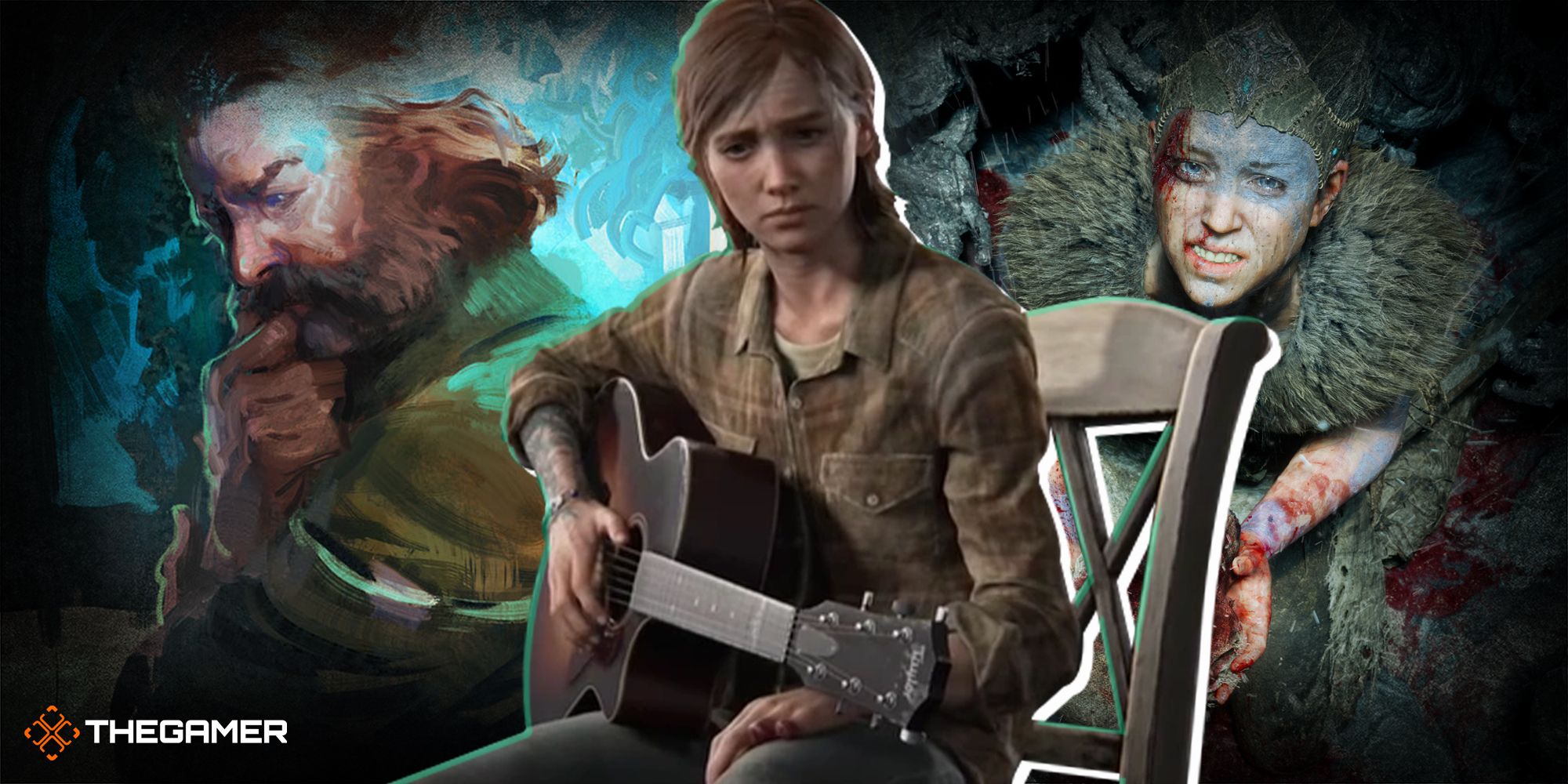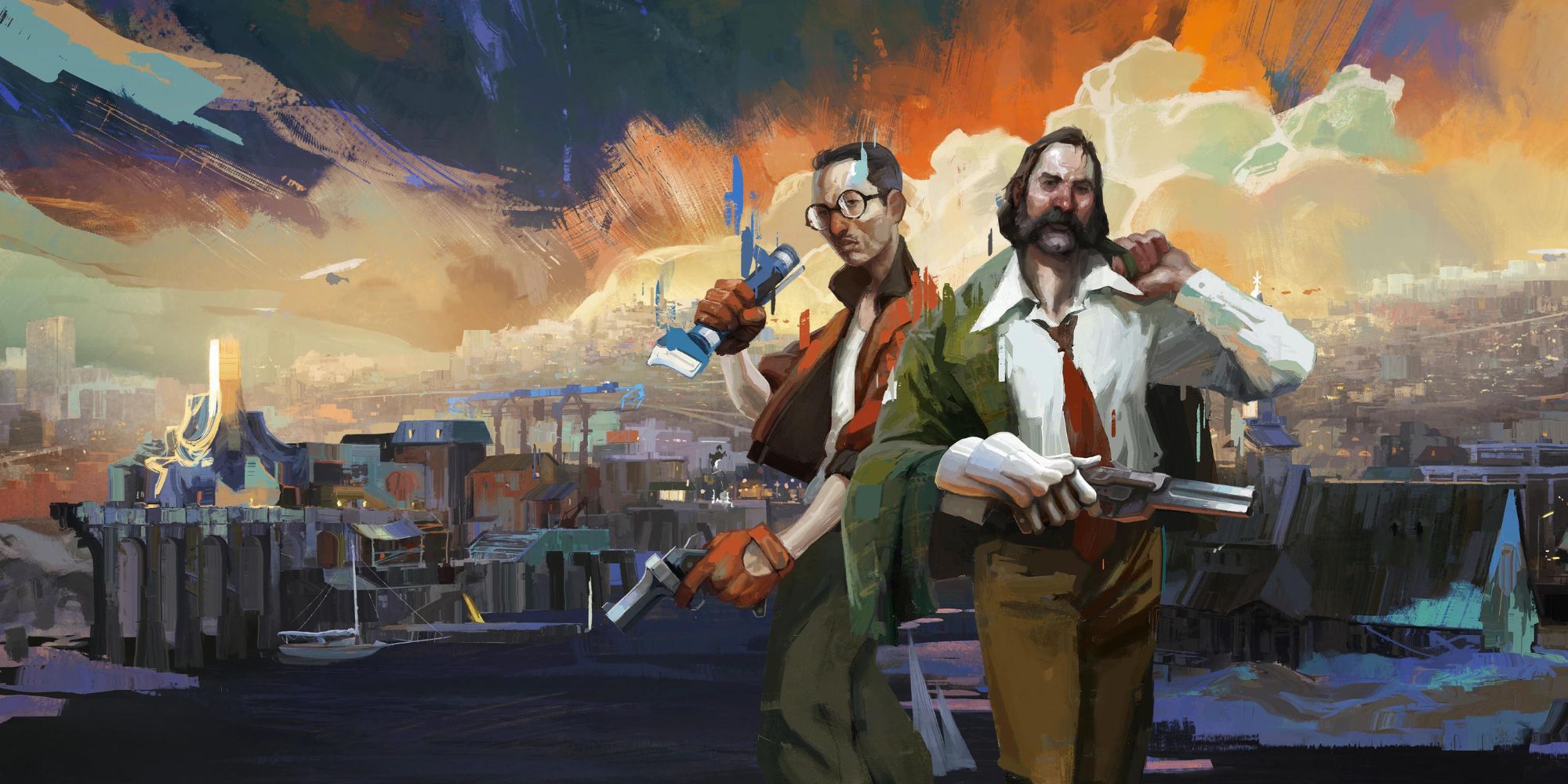I love media for its real, gritty portrayals of people. I’ve been working my way through The Bear since it dropped on Disney+, and I just watched the holiday episode last night – if you’ve seen it, you know the one. It made me think about how seen I feel through media that focuses on complicated family dynamics and how mental illnesses trickle down through bloodlines. It’s something I’m almost hyper-fixated on in my own writing, and it’s why I’m so influenced by movies like Hereditary and shows like Bojack Horseman.
Honest, dark, difficult portrayals of characters that struggle with mental illness are gaining traction in the mainstream, and that’s a good thing for everyone. People with mental illnesses see their stories told and truly understood, instead of playing for a cheap redemption arc with little to no substance or payoff. Neurotypicals can truly understand what it’s like to live with mental illness, instead of just having the vague knowledge that people are depressed or anxious, treating it like an inconvenience for those around them.
It’s more difficult to find representation like that in mainstream video games. That’s not to say that it doesn’t exist, but you’re far less likely to see it in the big triple-A blockbusters. Many big games grapple with the concept of dealing with grief and trauma in meaningful ways.
The Last of Us Part 2 focuses heavily on Ellie’s grief and likely PTSD, showing her displaying symptoms like flashbacks and hyperarousal. God of War Ragnarok makes a subplot out of Freya’s grief about losing her son, one that I found underwhelming. Dark Souls games are sometimes interpreted to be about depression. A Plague Tale: Requiem protagonist Amicia is also stricken with what seems to be PTSD. I could go on. The point is, plenty of protagonists struggle with grief and PTSD, which is very overrepresented when it comes to mental illness in video games. It’s far rarer to see games dig into illnesses like depression, schizophrenia, and personality disorders, but this is where indie games carry the industry.
The most obvious example is Hellblade: Senua’s Sacrifice, which developer Ninja Theory bills as an independent triple-A game and weaves Senua’s psychosis into its story and gameplay, in consultation with neuroscientists, mental health specialists, and people who experience psychosis. Critics applauded it for the quality of its approach to the condition, as well as its overall presentation. It’s worth noting that the studio is now owned by Microsoft and there’s some concern that the game’s sequel will move its focus away from mental illness.
Games like Disco Elysium, Night In The Woods, Martha Is Dead, Omori, and Celeste all also feature protagonists with mental illnesses like substance addiction, depression, dissociative identity disorder, and anxiety, and they do it well. These are important games because of how deeply personal they can be to players, resonating with the millions of people around the world who suffer from mental illnesses.
But of course, most triple-A games don’t see mental illnesses as a viable story to tell. PTSD and trauma are easier to fit into a story because they usually happen as a consequence of a major event or bloody occurences of violence, but it’s harder to squeeze thirty hours of gameplay out of a protagonist who is too sad to get out of bed, struggles with substance abuse, or recognises they have a personality disorder and wants to get help. The mundane reality of people who understand that they have a problem and that they have to get help to fix it, through whatever means that might be, doesn’t fit in well with the world of triple-A gaming. But that’s a shame, because these stories are compelling to audiences precisely because they are such human stories. Everybody struggles, and so too should our protagonists. It’s because they struggle that we feel for them, and those stories deserve to be told as much as anything else.



